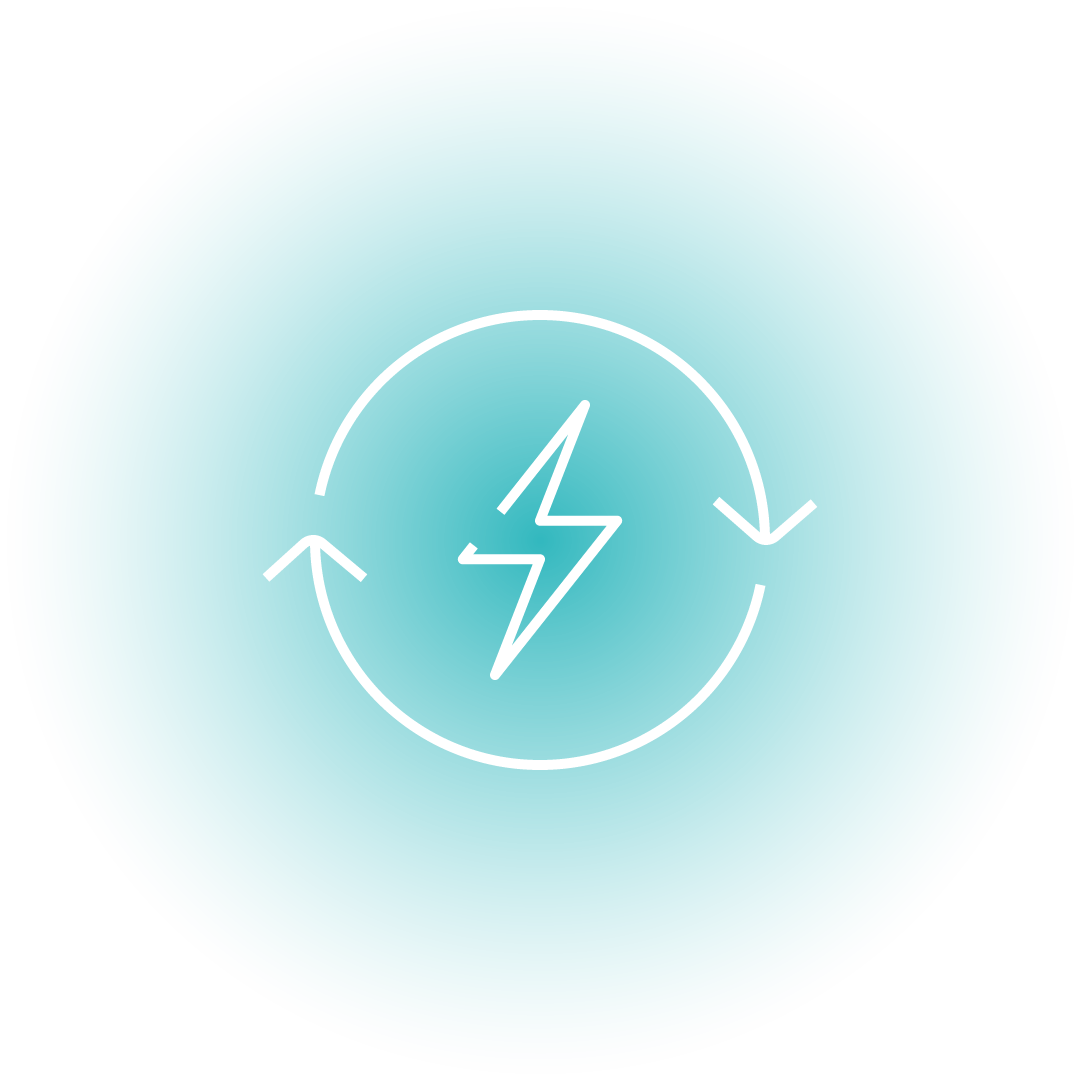Batteries & Fuel Cells
Graphene can significantly enhance the properties of lithium-ion batteries, supercapacitors and fuel cell technologies
Key properties of graphene that enhance battery, supercapacitor and fuel cell performance include:
Increased conductivity in Anodes, Cathodes, and current collectors
Increased strength in separators
Graphene can enable significant improvements in battery performance:
3x
Increase in run time
25%
Weight for same output
60x
Faster charge time
Use of graphene in batteries can enable several improvements in battery technology:
Reduced weight and size
Essential for long-haul transportation
More charge cycles
Longer lifetime without reducing capacity
Less raw materials
Essential for long-haul transportation
Heat robustness
Increased safety and reduced likelihood of explosions
LayerOne develops graphene materials that are suitable for battery applications
The rising importance of battery capacity
As grids worldwide continue to integrate more renewable energy sources, and EVs (electrical vehicles) replace fossil fuel based transportation, battery capacity is becoming increasingly more important.
Graphene has the potential to revolutionize the energy storage industry, improving the performance of batteries and supercapacitors in terms of capacity, charging speed, and heat transfer.
Thanks to its durability and resistance to corrosion, graphene is also a reliable and long-lasting material for battery applications.
Supporting SDG 7 and 13
Graphene's role in energy storage supports SDG 7 by facilitating more efficient use of renewable energy through improved batteries, supercapacitors and fuel cells, making clean energy more accessible and reliable. Simultaneously, it supports SDG 13 by enabling a smoother transition to a low-carbon economy, as better energy storage systems are key to maximizing the use of renewable resources and reducing global greenhouse gas emissions.















